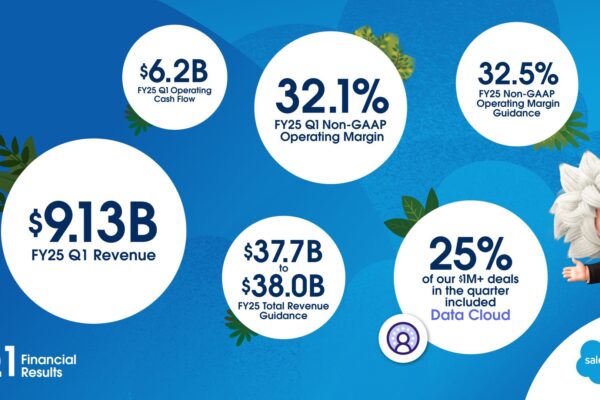A Tale of Earnings Surprises and Shifting Tides
This week’s trading session was a mixed bag of winners and losers, some of whom defied the doubters while others saw their stocks go south. Let’s take a look at some of the biggest movers and what could be behind them.
Winners and Losers: Earnings in Focus
The Dow Jones Industrial Average rallied in the truncated week, while the S&P 500 and Nasdaq Composite Index both pulled back – a split that underscores how sensitive the market currently is to company-specific news, mostly earnings reports.
Dell Technologies (DELL): A Missed Beat
It’s been announced that the tech titan Dell (DED) earlier this week saw its share price drop; even though the company handily beat its first-quarter revenue and earnings estimates. What’s this price disconnect all about? Analysts would have you focus on margins more so than simple sales, which would seem to indicate an opportunity for some confusion in the market. Earlier in the week, the Los Angeles Times reported: ‘Coming off a blockbuster fiscal year but facing widening competition, Dell Inc. said its first-quarter earnings rose modestly, sending the company’s share price sharply lower despite modest revenue gains. Dell’s earnings per share came to 63 cents—about seven cents higher than Wall Street’s estimate. The company’s stock dropped more than 5 percent to $11.80, however, as investors focused on the company’s fine margins.’ Dell and its chief competitor, the tech behemoth HP (HPQ), both are hiring more sales personnel, presumably in their key product groups of personal computers and peripherals, which would seem to underline a powerful bull case for the market. However, by the first quarter of the calendar year, it seems that share investors seem to be focusing on margins and not simple sales, which would seem to indicate deep confusion in the market. Nothing it seems is as simple as it might appear to be.
Paycom Software (PAYC) and MongoDB (MDB): Leadership Changes and Cautious Outlooks
Co-CEO Christopher Thomas leaving Paycom for a new job saw his stock price lose steam. Without him, it seems, investors justified a sell-off. MongoDB, too, gave what was seen as a disappointing report about the remainder of this fiscal year, in a way that suppressed investors’ enthusiasm.
VF Corporation (VFC) and Lululemon (LULU): A Strategic Hire and Brand Boost
The appointment of Michelle Choe, formerly Lululemon’s Chief Product Officer, as global brand president of their Vans unit, boosted VF Corporation stock, and likely Lululemon’s when she was hired. The Lululemon news and appointment of Choe imply a move ‘poaching’ effort to leverage her learning from Lululemon to revitalize sales of one of the oldest sport-shoe brands. This ‘poaching’ strategy signals the perception of intellectual, human, and other resources investors attribute to Lululemon.
Nordstrom (JWN) and Gap (GPS): Beating Expectations and Renewed Optimism
Nordstrom’s share price was boosted after the company exceeded revenue estimates and by strong sales in its off-price Nordstrom Rack stores, which indicates that Nordstrom’s effort to double its off-price sales by 2023 is taking hold, appealing to more cost-conscious consumers. Gap’s share price jumped big-time after the company beat profit estimates and raised its full-year guidance. The retailer said that all four of its brands grew comparable sales. For beaten-down investors, this could be the news needed to show that Gap might be turning itself around.
Beyond Equities: Commodities and Currencies
Oil and gold futures fell, indicating a sense of relief for supply issues in global markets. The yield on the 10-year Treasury note declined, suggesting a wait-and-see approach by the bond market. The US dollar increased against the yen and declined against the euro and pound, another reminder that global currency markets change by the hour, if not by the minute. And most of the major cryptocurrencies saw prices drop, yet another example of the general volatility that plagues the asset class.
Looking Ahead: A Market in Flux
Within this context, observing how share prices shifted this week is a testament to the influence of company-specific news – notably, earnings reports and leadership changes – and how the fine line between investors’ expectations and corporate performance can ultimately dictate stock performance. Broader economic factors, such as inflation and interest rates, have also been important and are likely to continue causing investor sentiment to fluctuate. In the face of these (sometimes conflicting) news items, disciplined investors will be looking to identify companies with sound business fundamentals and durable growth potential.











